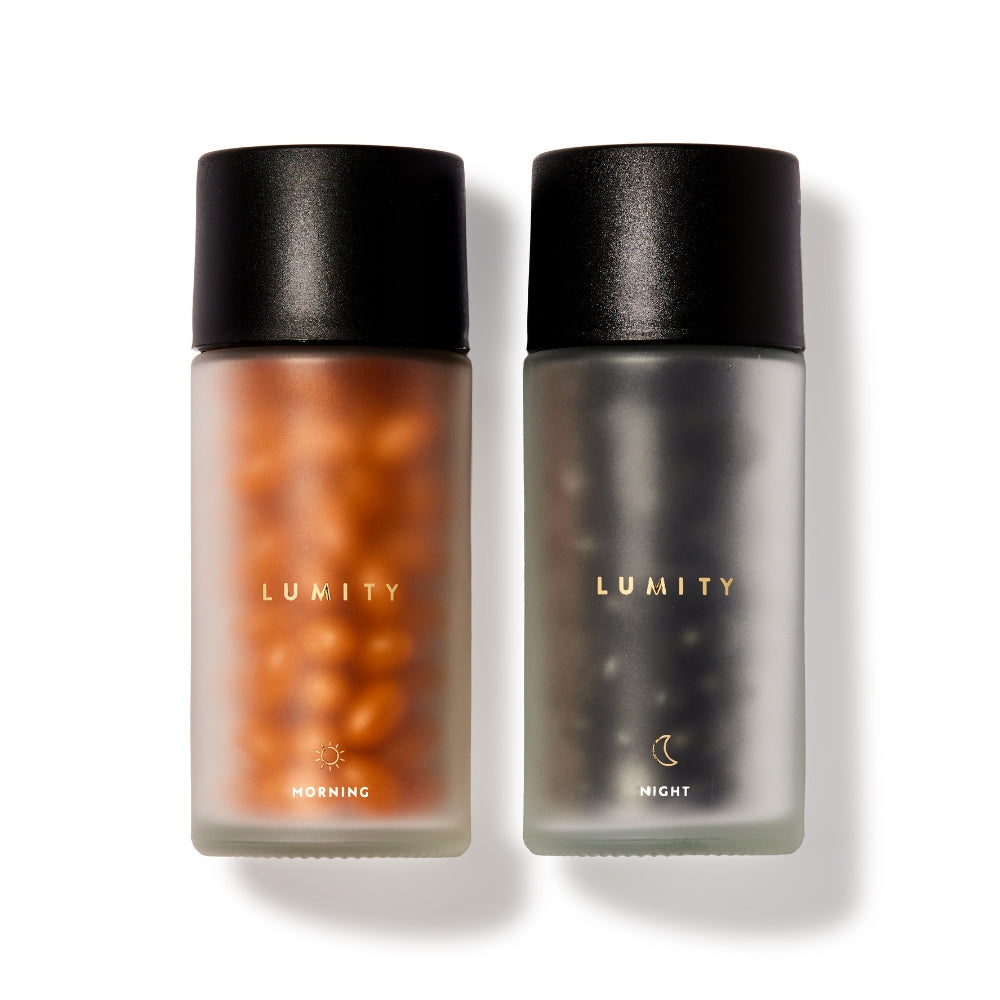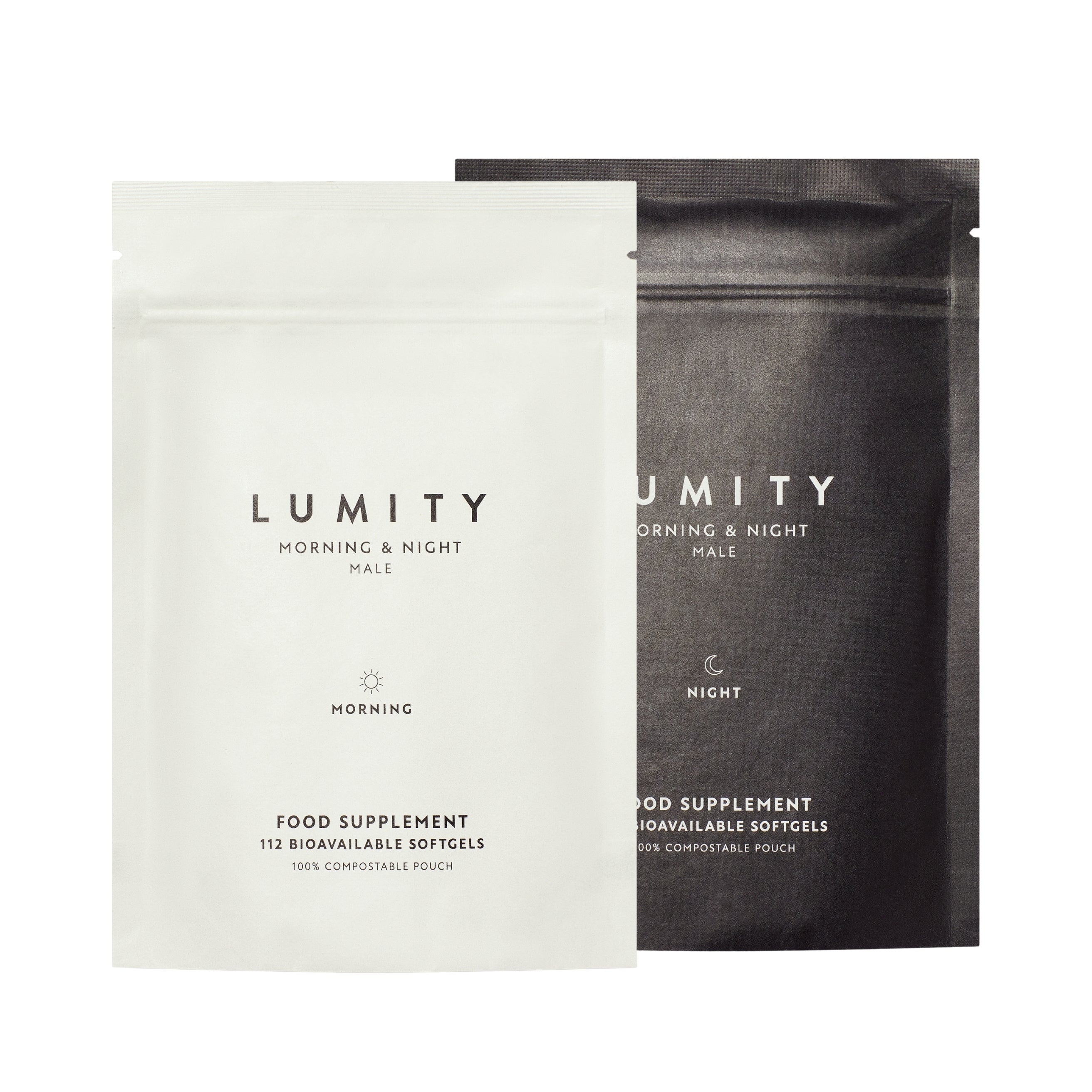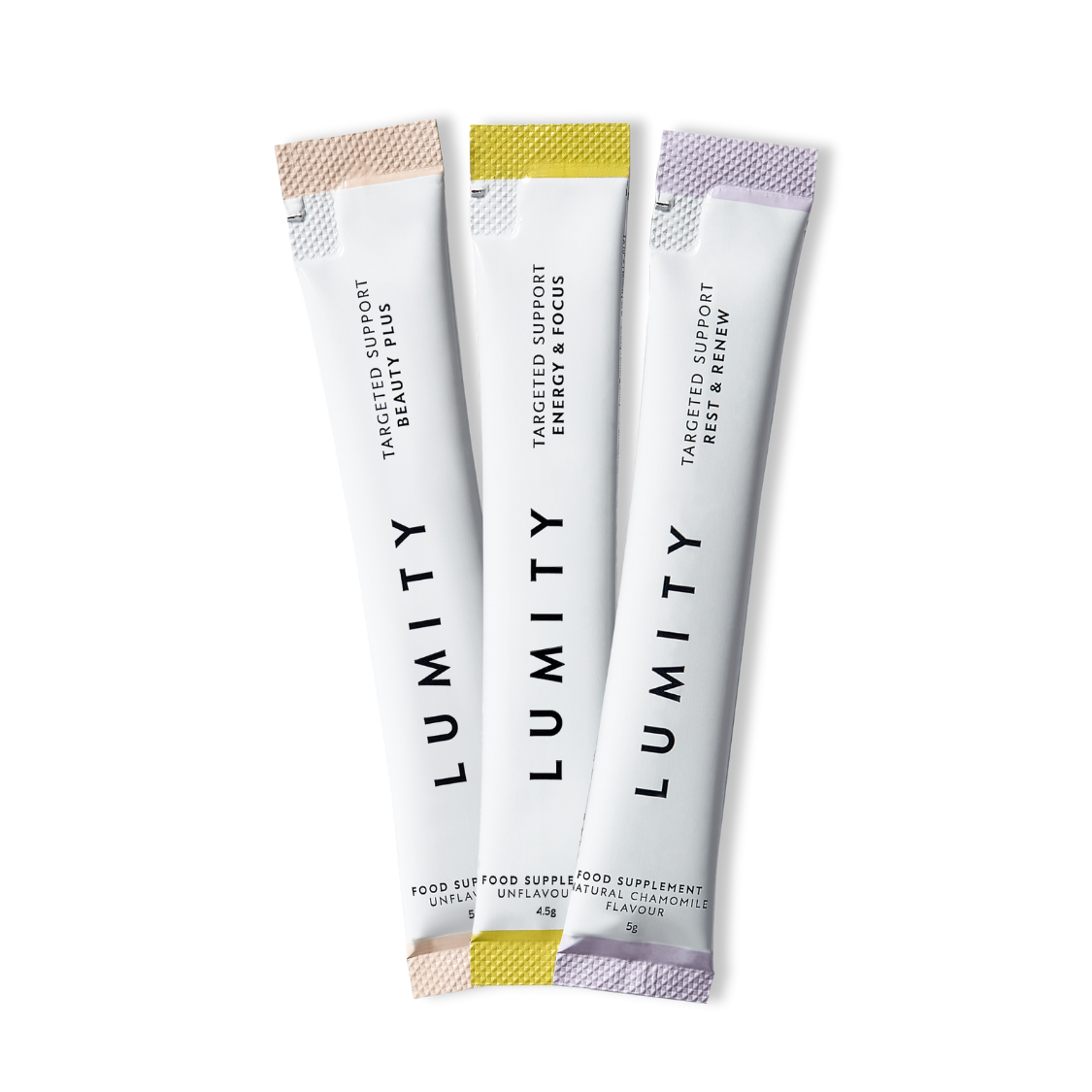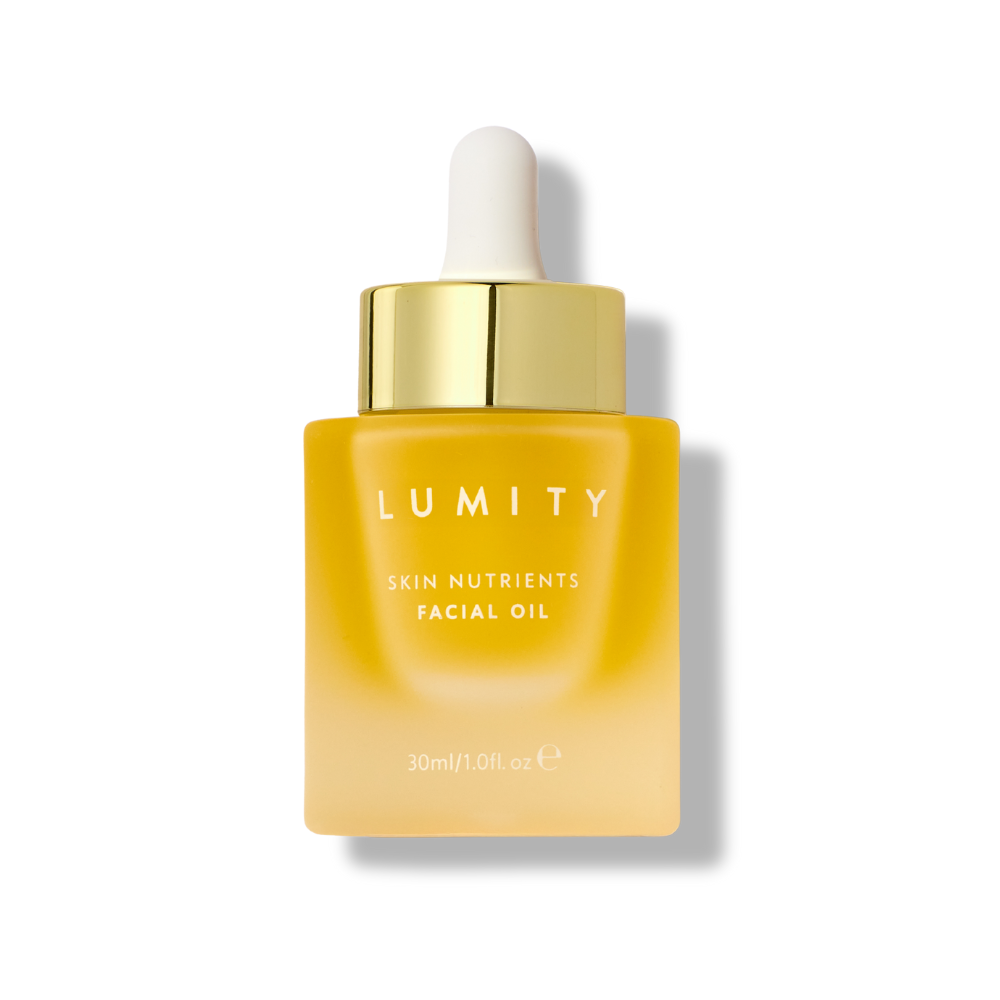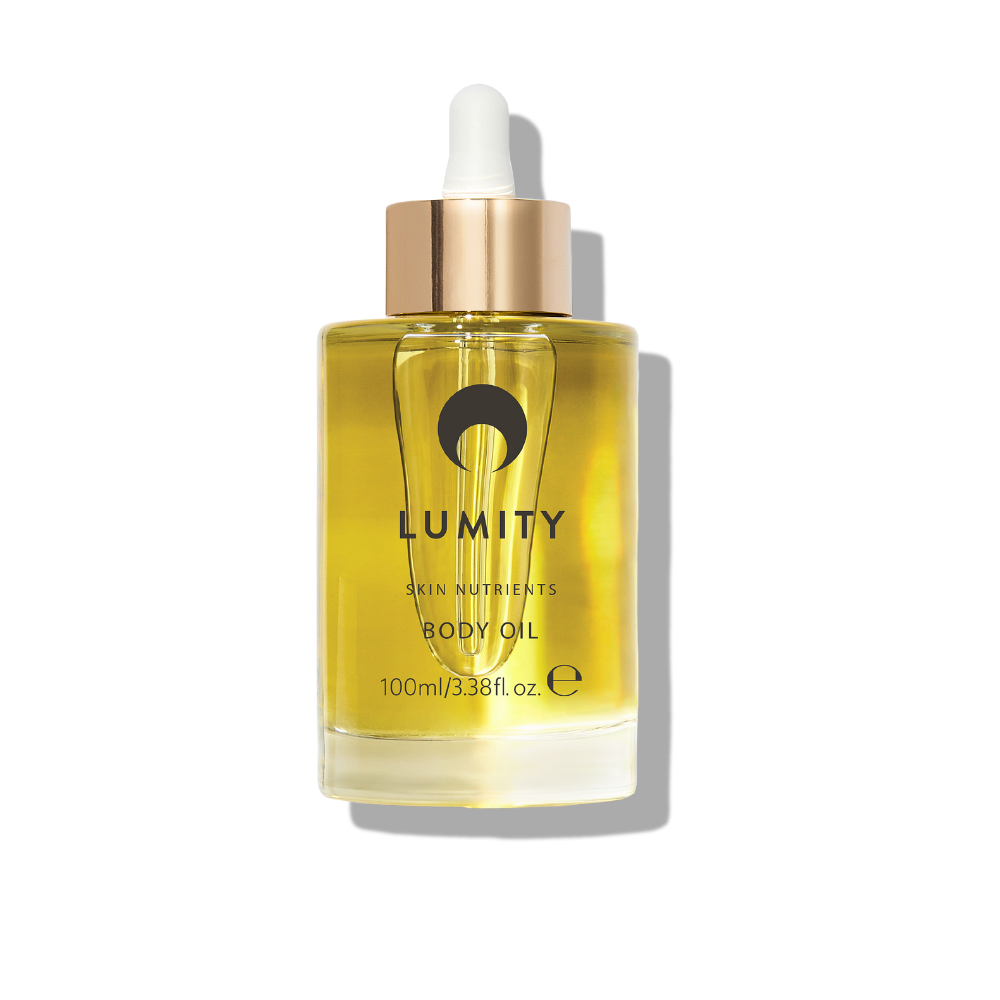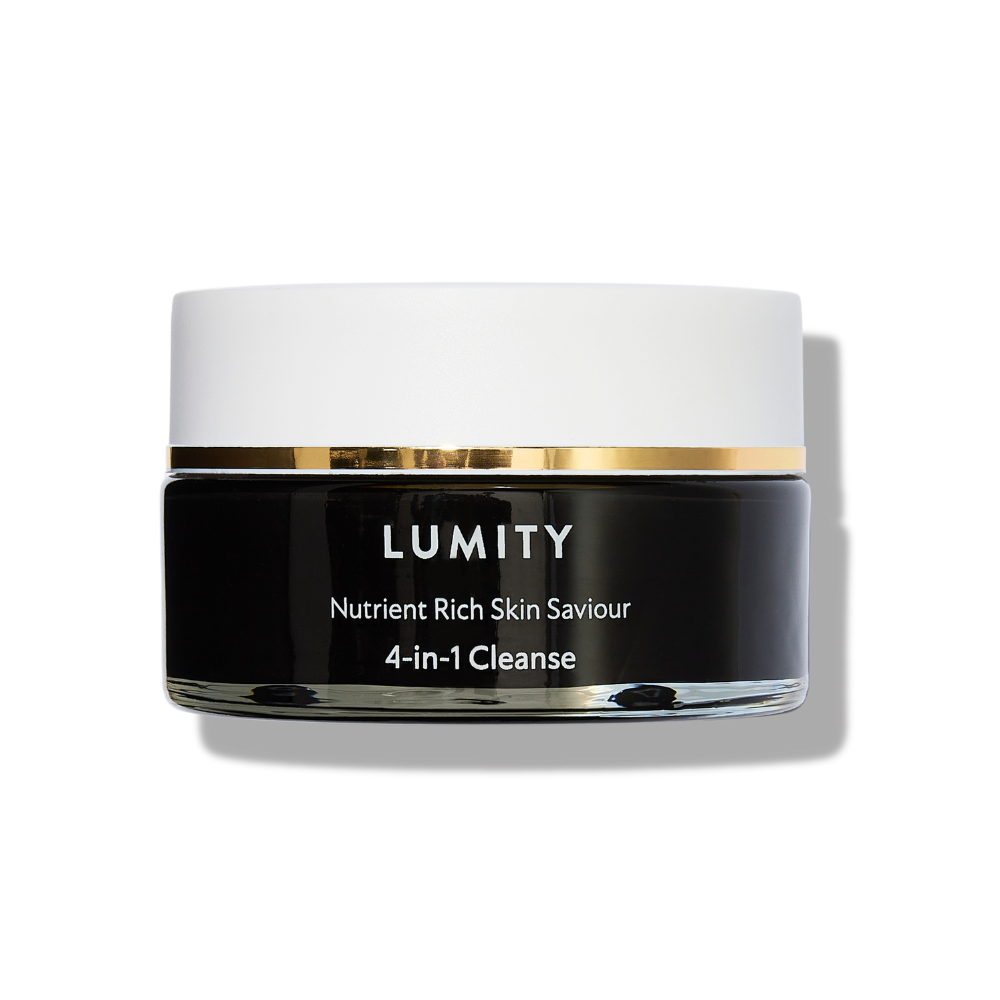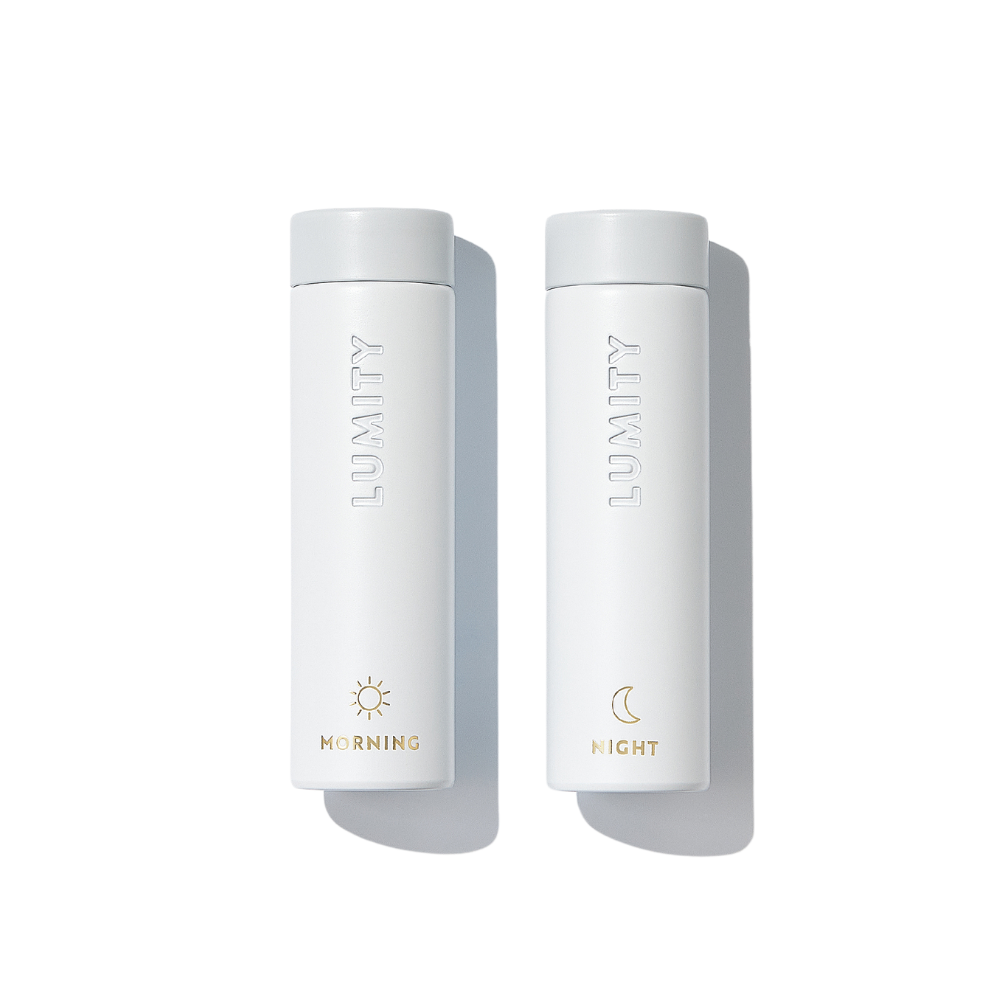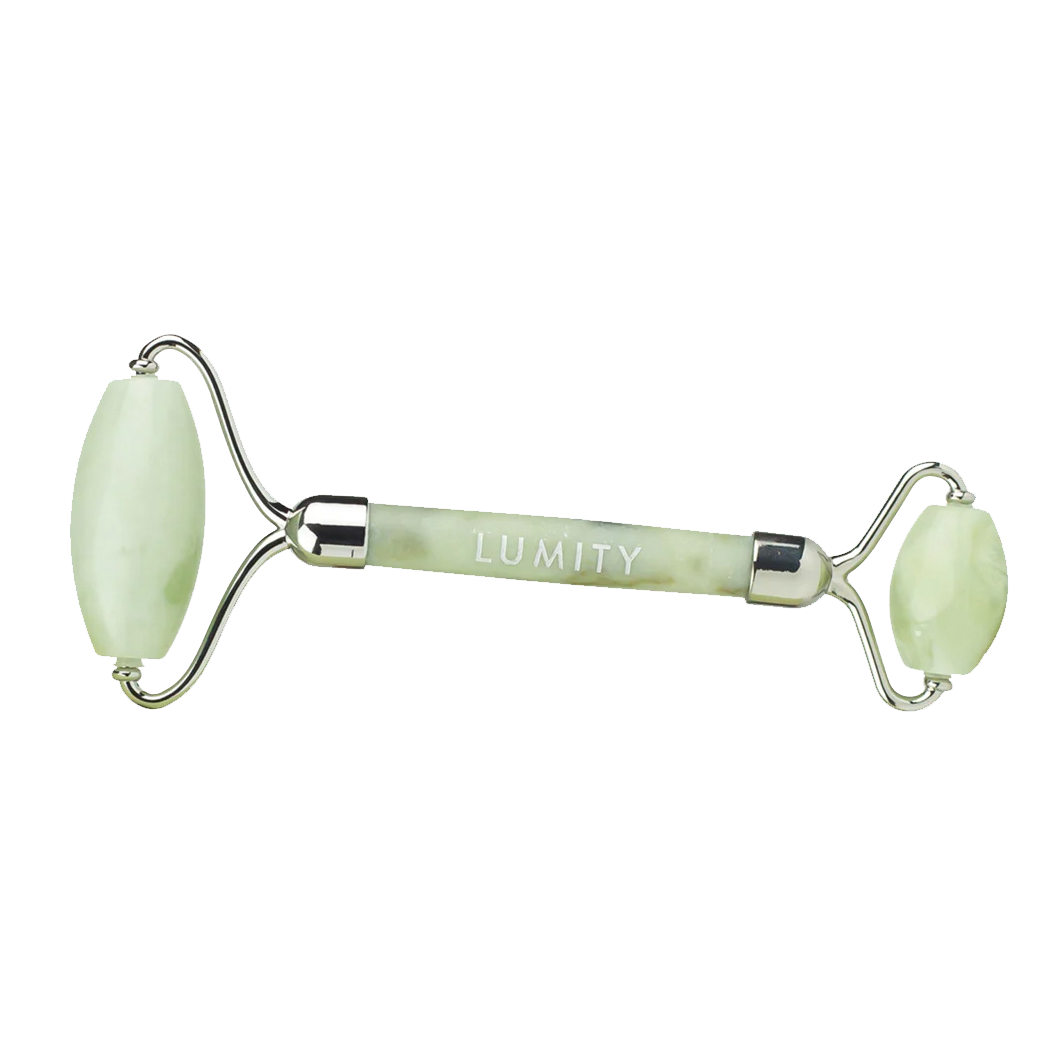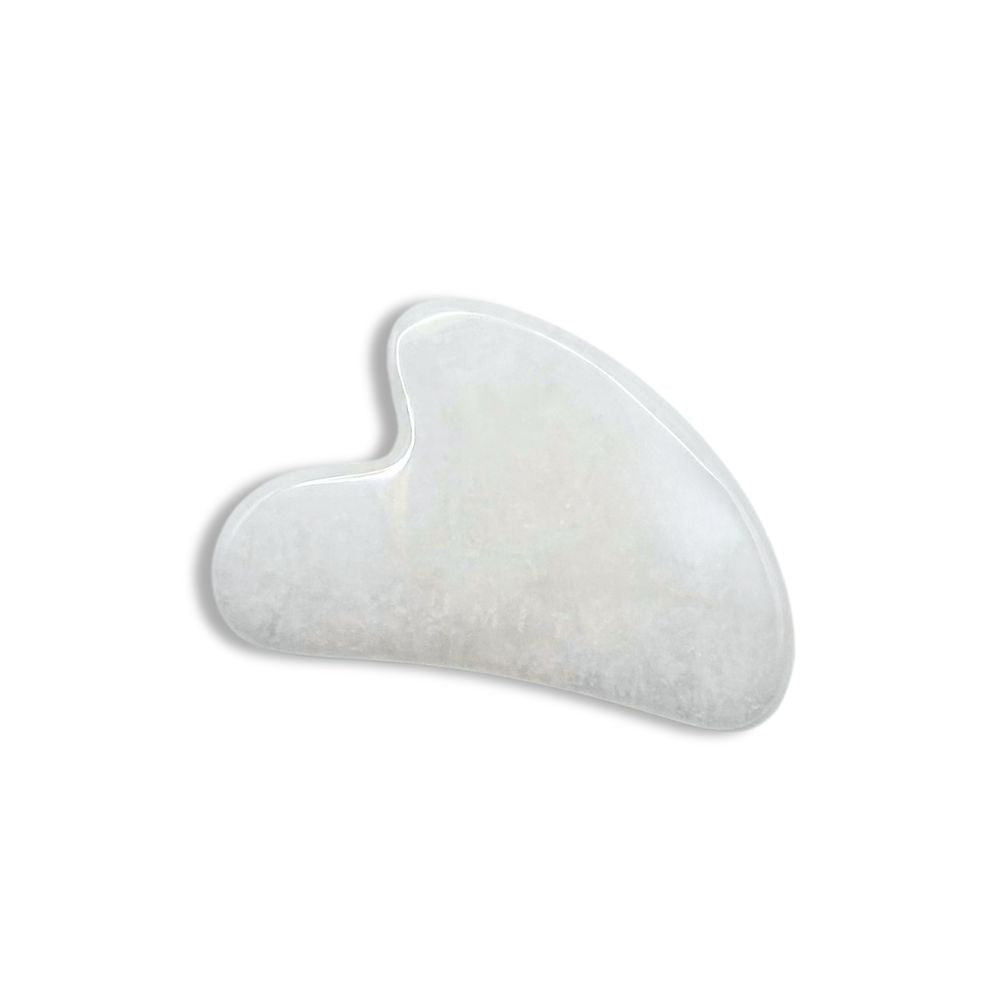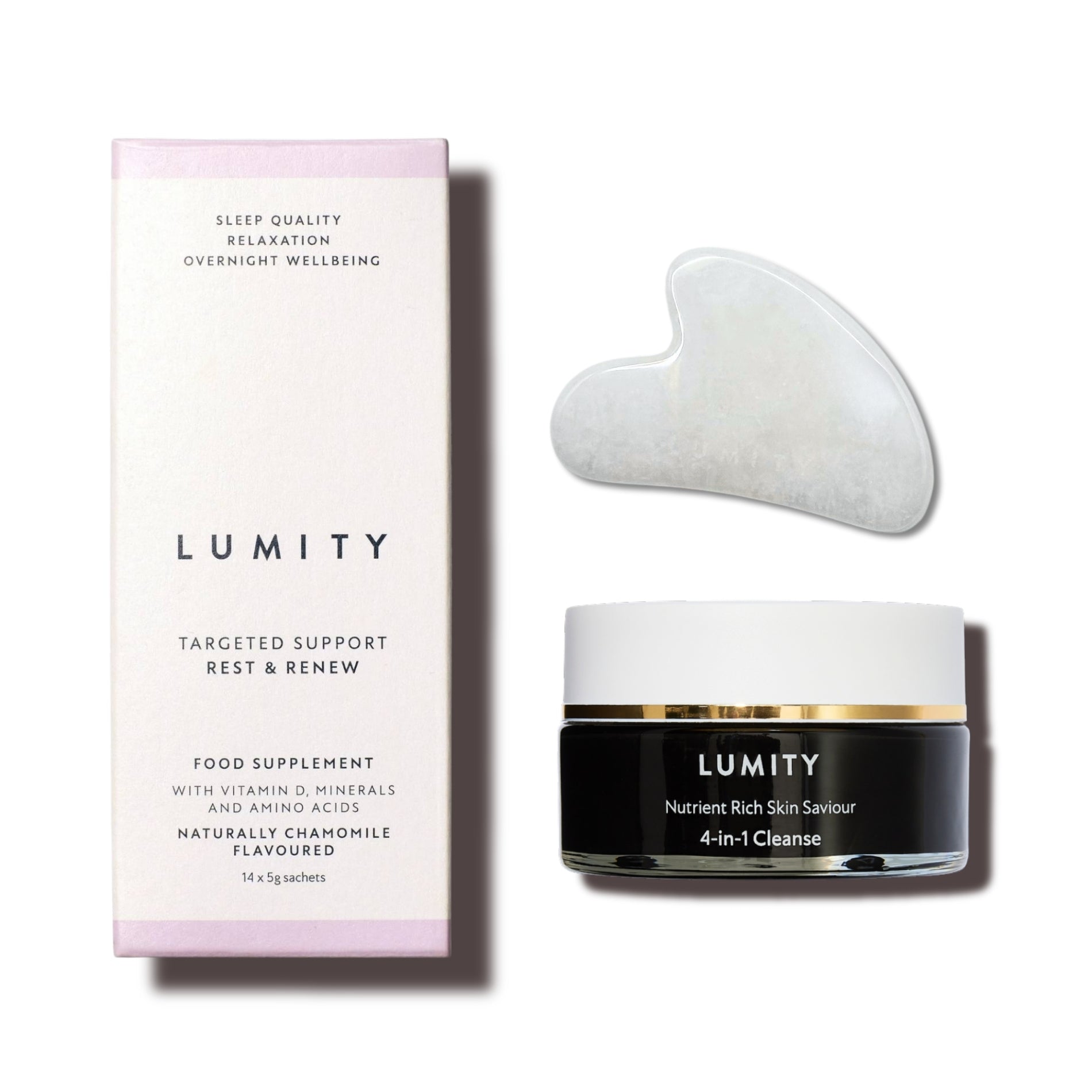Hormones As You Age
What are Hormones?
Hormones are a part of a network within the body called the endocrine system. It is made up of a series of major glands that secrete molecules called hormones directly into the blood to send signals to different parts of the body to perform various functions.
These include:
- Adrenal glands
- Pancreas
- Testes
- Ovaries
- Pineal gland
- Thymus
- Thyroid
- Uterus
- Ovaries and placenta
All of these oversee important jobs such as; cognitive function and mood; sexual function and reproductive growth and health, development of muscles and skeleton and growth; metabolism of food and essential nutrients; maintenance of body temperature and thirst; our reaction to stress and danger; sleep.
If you are enduring stress, you need to find a way to counterbalance it with relaxing activities that release feel-good hormones to balance the effects of stress hormones. Additionally, consider a Relaxation Supplement if you find yourself restless in the evening. Before sleep the body secretes melatonin, an endogenous antioxidant and sleep hormone that plays a vital role in the repair cycle of sleep.
Hormones work as an orchestra in the body; when in balance, the result is optimum health and well-being, but, when one hormone goes off-balance, it has a disrupting influence on the whole symphony. If you have PMT as a direct result of too much estrogen, it has a bearing on everything you do, from your mood, to your skin’s health, to what you eat and even how you sleep.
How to Treat Hormonal Imbalance
A vital hormone is Human Growth Hormone, considered by many as a fountain of youth for its crucial role in repairing and renewing all tissues in the body, including the skin.
Human growth hormone (HGH) has been identified as the body's master hormone, the conductor that keeps all members of the orchestra in tune, in step and best contributing to the greatest good of the whole. Its levels decline as we age, but it can be naturally promoted through the integration of three amino acids, l-glutamine, l-arginine and l-lysine. Taken just before bedtime (in Lumity's night capsules, for example), this unique amino acid combination naturally stimulates the youthful release of the body’s own human growth hormone. Youthful levels of HGH regenerate and rebalance our whole body to give us more youthful skin; healthy lean muscle; greater strength and endurance; a stronger, more responsive immune system; stronger energy levels, especially in the morning upon waking up; and improved mental clarity and alertness.
HGH also balances our hormonal system. So, if PMS is holding us back, this balancing effect can help. Similarly, it can also help with menopausal issues and protect bone density as we grow older.
Lumity's daytime capsules help counteract insulin resistance, which can be responsible for weight gain, fatigue and hormonal imbalances, especially during menopause, restoring vitality, strength and balance. Lumity's daytime capsules contain vitamins A, C, D and E, turmeric, zinc and magnesium, known to alleviate PMS and menopausal symptoms. Lumity's morning and night formulae are both encapsulated in flaxseed oil, which is a rich source of omega-3 fatty acids and phytoestrogens, both important nutrients that will help ease menopausal imbalances.
What are the Most Common Hormonal Symptoms?
Symptoms of hormonal imbalance include heavy, irregular, or painful periods, headaches and migraines, irritated or tired mood plus mood swings from happy to sad, depression, anxiety, feelings of paranoia, anger, osteoporosis, weak, brittle bones, hot flashes and night sweats, vaginal dryness, breast tenderness, indigestion, weight gain and weight fluctuations due to water retention, constipation and diarrhoea, acne during or just before menstruation, dry skin in perimenopause and menopause.
These are sometimes experienced together and can have a hugely negative effect on the quality of life if not treated by a health professional.
Hormonal Changes at Age 20
In their twenties, women can experience estrogen and progesterone surges around the time of their period, which can result in hormonal acne.
Hormonal Changes at Age 30
In your mid-thirties levels of HGH and testosterone can decline which can result in a loss of muscle, weight gain and a slower metabolism.
Hormonal Changes at Age 40
In your forties, your estrogen levels decline, which can cause a range of perimenopause symptoms such as weight gain, poor sleep, loss of hair, dry skin, wrinkles and a lack of energy.
Hormonal Changes at Age 50
By the time women are in their fifties, they have usually experienced menopause which is as big a milestone as puberty and usually lasts several years. Many women find the hot flashes, night sweats and lack of sleep unbearable and seek out hormone replacement medications such as HRT.
Hormonal Changes at Age 60
In their sixties, women often experience a lack of sleep due to declining levels of the sleep hormone melatonin.
Hormonal Changes at Age 70
Roughly 1 in 4 women over 70 have osteoporosis, a bone-thinning disease. Muscles get weaker and the tendons can become stuff, resulting in aches and pains. This is partly down to age and partly down to brittle bones caused by low levels of estrogen.
How to Get Rid of Hormonal Acne
One way to counteract hormonal acne is with a comprehensive twice-daily skincare routine. Use a gentle, but effective cleanser that gently exfoliates and adds moisture such as Lumity’s award-winning 4-in-1 Cleanse. Followed by a quality oil, like Lumity’s Skin Nutrients Facial Oil. It may sound strange to use an oil on acne prone skin, but Lumity’s oil balances the skin’s pH so your skin will no longer be oily. Nutrition should play another vital role on your defense against hormonal acne. Add a quality nutritional supplement like Lumity Morning and Night which contains specific nutrients and vitamins A, C, D and E, plus turmeric and zinc to help balance your skin.

How Do Hormones Change During Pregnancy?
When a woman first becomes pregnant, levels of progesterone and estrogen surge and the body begins production of a new hormone called human chorionic gonadotropin, which is only produced during pregnancy.
Progesterone prevents the uterus from contracting until labor begins. It can also cause irritability during pregnancy, along with other mood swings.
Do women's hormones change after having a baby?
Right after a woman gives birth, levels of progesterone and estrogen plummet which can result in the baby blues three days after giving birth. This is a period when the mother feels tearful and overwhelmed but tends to pass quite quickly. Sometimes it can develop into postpartum depression which can last for a long time and often requires professional treatment.
Hormonal Changes FAQs
Can hormonal changes cause anxiety attacks?
Whilst surging and falling levels of estrogen and progesterone can make women feel anxious at times, particularly during menopause, they do not directly cause panic attacks. These can be due to lifestyle factors such as consuming too much alcohol and caffeine, poor sleep and bad stress management. Alleviate these factors, but also see a health professional because there may be an underlying medical issue.
Can hormonal changes cause heart palpitations?
Some women experience heart palpitations when their levels of estrogen are low, either during menopause or perimenopause, which is the years before menopause. Low levels of estrogen stimulate the heart which causes that frightening palpitation feeling and non-threatening arrhythmias. The key is stress management and talking to a health provider about options.
Can hormonal changes cause light-headedness?
It’s possible to feel dizzy, or light-headed during the first couple of days of your period, or in the days leading up to it. This is caused by hormonal fluctuations and can be eased with a glass of water and a lie-down.
Can hormonal changes cause headaches?
A drop in estrogen levels, either before a period is due, or during perimenopause, can cause headaches and even migraines in some women. They can be particularly troublesome when a woman is in her early forties and suffering with changing monthly cycles. If headaches are bad, see a doctor, but otherwise, paracetamol is usually enough to ease them.
Can hormonal changes cause sore nipples?
In the days before a period some women experience breast tenderness and sore nipples as a result of rising estrogen and progesterone levels. These can sometimes draw extra liquid into the breasts, which makes them swollen, tender and sore for a few days. If sore nipples persist see a doctor and ensure you’re up to date with
Can hormonal changes cause weight gain?
Weight gain is a common complaint around menopause and some women gain as much as 7lbs during their periods from water retention. Menopausal weight gain is caused by several factors, one is a lack of energy and increased hunger for sugary and carb-laden snacks, and another is down to a slower metabolism. These are often caused by underlying hormonal changes, including falling HGH and low levels of a form of estrogen called estradiol.
Can hormonal changes cause yeast infections?
Breastfeeding, pregnancy and hormone replacement therapy can all cause vaginal yeast infections, see your pharmacist or doctor if you have something like this.
Do your hormones change every 7 years?
A woman’s hormones are always fluctuating and changing as she ages. Whilst there are many milestones, such as puberty, pregnancy, perimenopause and menopause, it’s more of a constant ongoing change over time and every woman’s body is different, so while one woman will enter menopause at 52, another might start at 37.
What effects do changing hormone levels have on emotions?
Hormone levels can fluctuate wildly and cause a wide range of emotions from sadness, to depression, to anger and irritation. Most of the time these emotions are mild, but if you’re noticing serious feelings of sadness and hopelessness, see a doctor.
Do hormone levels change throughout the day?
The two sex hormones estrogen and testosterone are released by the body in minute bursts, so levels can change hugely throughout the day and from week to week. Due to these constant fluctuation levels, having a blood test to find out if you’re in menopause isn’t necessarily accurate. Often, health professionals will go by your symptoms to decipher if you’re in menopause instead.
Do hormonal changes cause hair loss?
Women frequently experience hair loss during perimenopause and menopause. It can also occur during pregnancy, or because of thyroid issues. The underlying cause is hormonal, for example in menopause falling amounts of estrogen means increased amounts of testosterone. Within our delicate hair follicles in the scalp, testosterone is converted into a strong hormone called dihydrotestosterone (DHT) which kills off hair follicles, resulting in hair thinning and hair loss.
It's crucial to try and keep your hormones in balance if you want to feel happy, stay at a stable weight and sleep well at night. Often certain uncomfortable medical issues from a loss of energy to weight gain and insomnia can be traced back to a hormonal imbalance. Try diet, lifestyle changes such as stress management and nutritional supplements as your first line of defence.


